The European Commission’s “European Capital of Smart Tourism” initiative, launched in 2018, selects cities based on innovative and inclusive tourism practices. The Compendium of Best Practices is drawn from applications submitted by cities during the 2019 and 2020 competitions, collating examples across accessibility, sustainability, digitalisation, and cultural heritage & creativity.
2019 & 2020 Awarded Cities
- 2019 Winners: Helsinki (Finland) and Lyon (France) were jointly awarded for their excellence in smart tourism development (Visit Europe).
- 2020 Winners: Gothenburg (Sweden) and Málaga (Spain) shared the title for outstanding performance across all evaluation criteria.
- Additional 2020 category winners included:
- Gothenburg – Sustainability
- Breda (Netherlands) – Accessibility
- Ljubljana (Slovenia) – Digitalisation
- Karlsruhe (Germany) – Cultural Heritage & Creativity.
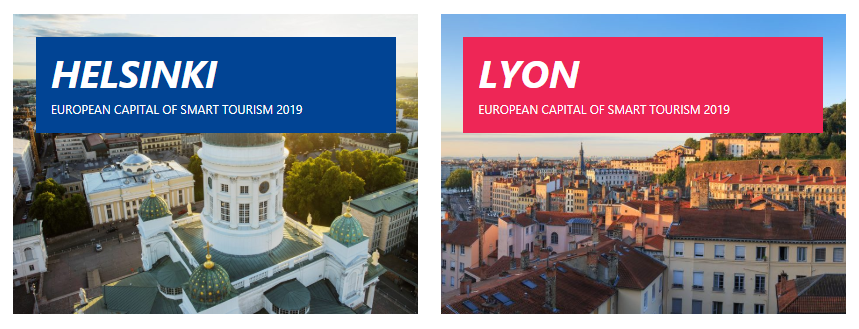
Structure & Purpose of the Compendium
The Compendium profiles 85 standout projects across four themes, demonstrating pragmatic yet innovative solutions implemented by European cities.
Its goals:
- Share real-world smart tourism initiatives
- Facilitate peer learning and knowledge exchange
- Inspire future cooperation among European destinations.
ICLEI member cities such as Brussels, Copenhagen, Helsinki, Linz, Ljubljana, Nantes, and others feature prominently in the report.
Themes & Examples of Good Practice
1. Accessibility
Projects include city-wide mobility innovations, inclusive tourism services, and accessible routes in cities like Brussels, Porto, Kaunas, and Genoa.
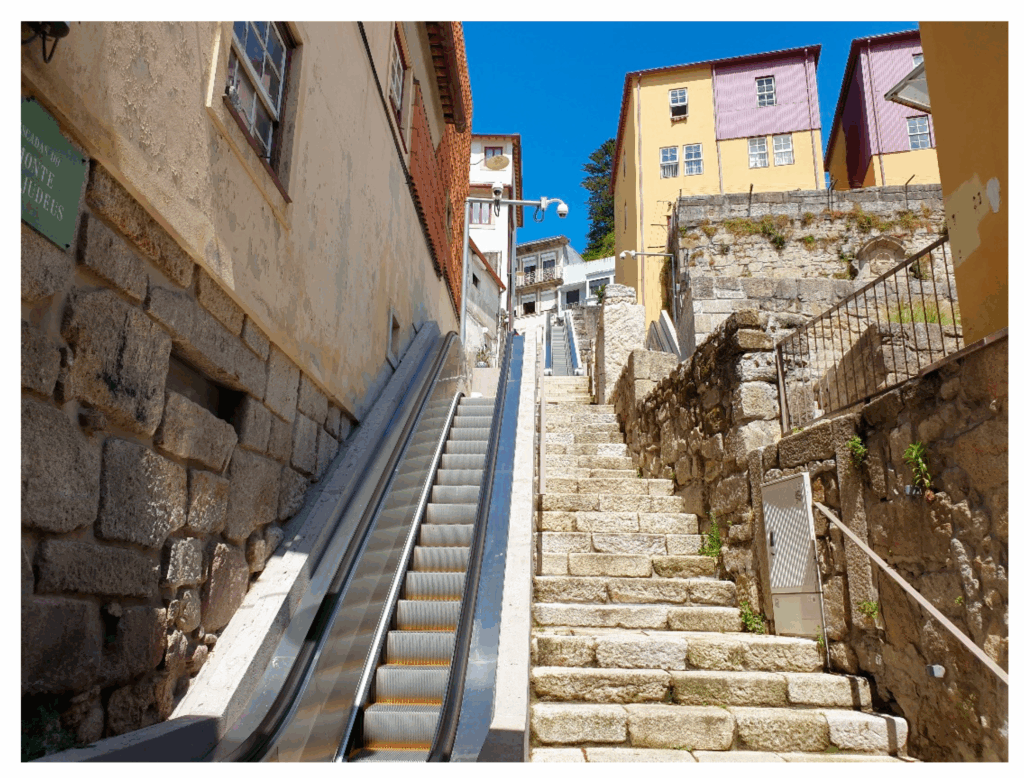
2. Sustainability
Cities addressed climate adaptation, resource efficiency, and seasonality mitigation. Notable examples: Porto’s climate action plan, Torino’s pollution-reduction programs, Lahti’s smart resource strategies, and sustainability education in Taranto.
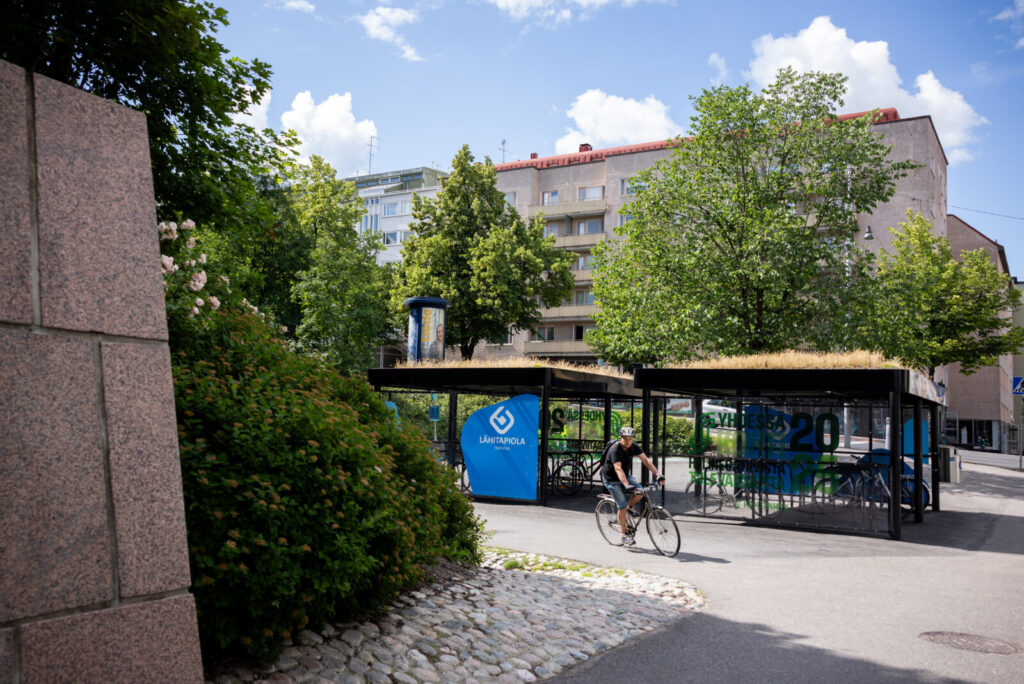
3. Digitalisation
Highlighting open data tourism platforms, AI-enhanced visitor services, and digital accessibility in destinations such as Genoa, Porto, Lahti, Kaunas, and Brussels.
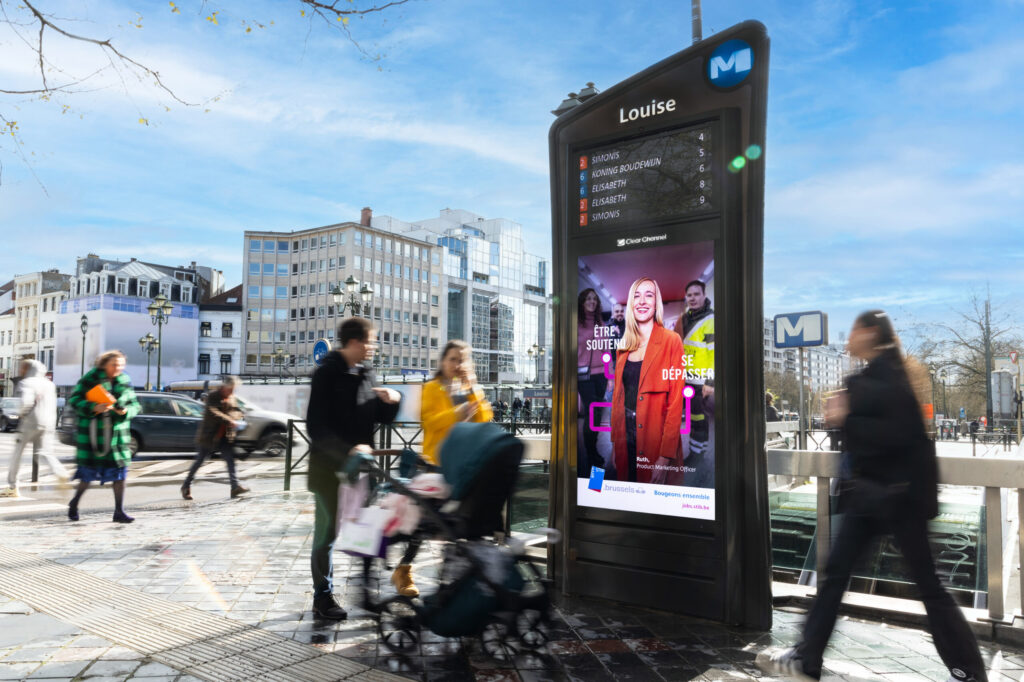
4. Cultural Heritage & Creativity
Projects revitalized traditions through digital heritage tours, festivals, creative reuse of cultural sites, and immersive storytelling. Cities involved include Brussels, Konya, Lublin, Messina, and Arezzo.
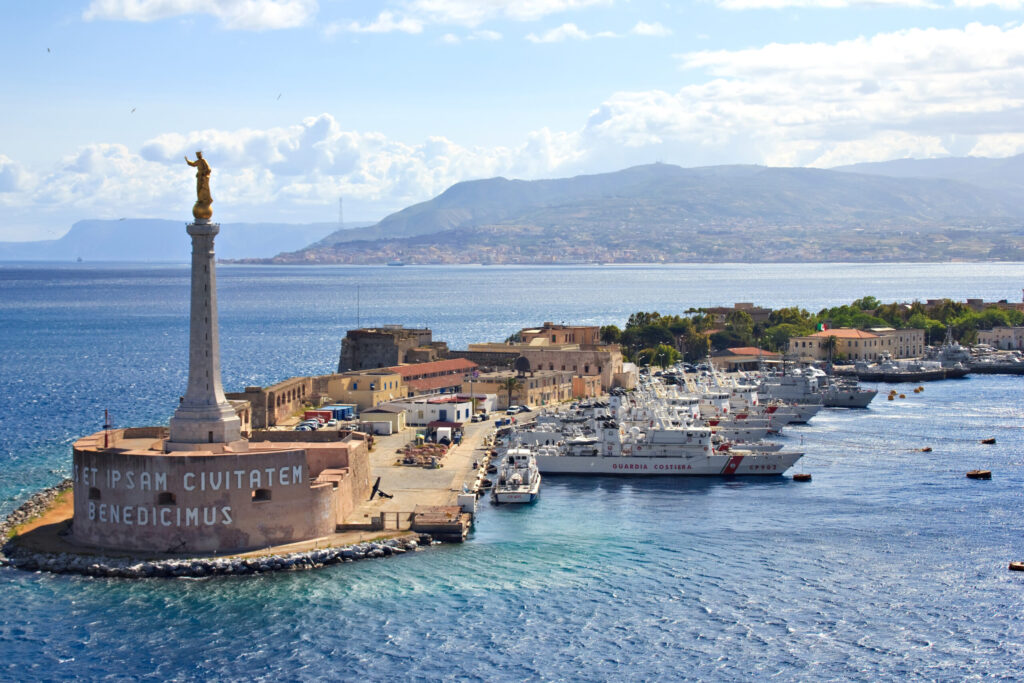
Why This Matters
The Compendium underscores smart tourism’s capacity to:
- Strengthen inclusion and accessibility
- Foster sustainable urban mobility and resource use
- Promote digital innovation to enhance visitor experience
- Revitalize traditions and cultural identity through creative engagement
- Support city-led peer learning, partnerships, and policy innovation at EU level.
With representatives from over 70 European cities and cross-category recognition, the initiative encourages knowledge exchange and replication of successful local models.
In Summary
The Compendium of Best Practices 2019–2020 provides a curated snapshot of European cities leading in smart, inclusive, sustainable tourism. It offers actionable insights for destinations seeking to upgrade their tourism strategies in alignment with broader EU goals in accessibility, digital transformation, climate resilience, and cultural innovation.
If you want to learn more, you can read here.

